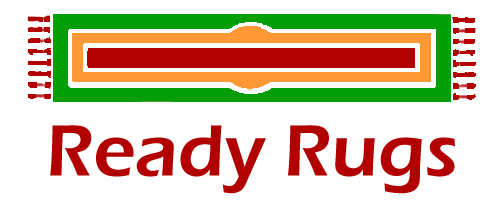A shareholder is someone or a company that holds an interest in a company by purchasing shares on the stock exchange. Dividends are paid to shareholders whenever the company improves its stock value or financial profits. Shareholders do not need to be personally responsible for the debts or liabilities of the company, however they are taking a risk when they invest.
Shareholders can be classified into two broad groups: those who have common shares, and those who have preferred shares. Businesses can break them down further into class and have different rights attached to each class of shares.
Common shares are usually given to employees as a portion of their remuneration, with the holders enjoying voting rights on matters which affect the business as well as also receiving dividends derived from the company’s profits. When it comes to the right of assets in a company liquidation, they fall behind preferred shareholders.
Preferred shareholders however, are not entitled to take part in the management decisions of the company. They also do not receive an annual fixed dividend rate and the amount will fluctuate in accordance with the performance of the business in any given year. In addition to this, they are paid before the common shares are paid out in the event of a liquidation of the company. Shareholders enjoy other rights, such as the right to receive a preferential or special dividend, or no dividend.
